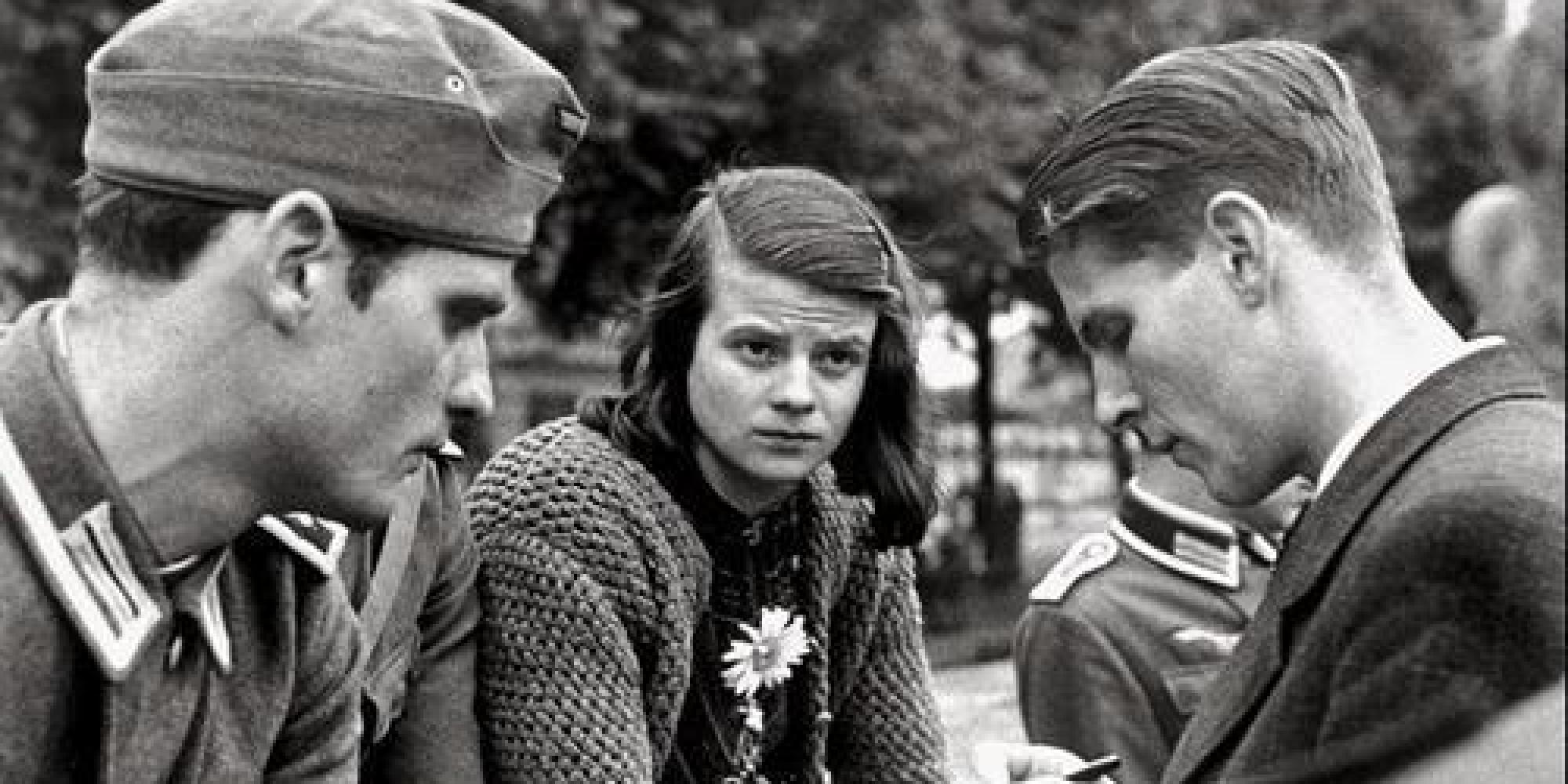We know, now, that Representative Lee was correct. We know, now, that she voted properly. But on the 14th of September, in 2001, that was anything but obvious. Her no vote that day took an immense amount of courage and conviction in her belief that it was the right thing to do. She suffered for it. And that is the very definition of moral courage.
I don't remember that vote. I only remember the fact that a nation nursing hurt pride had descended into a black hole of hatred. No voice of reason, sanity or true Christian love stood a chance of being heard above the din of those who called for war. Barbara Lee knew, absolutely, that her no vote was futile, and it would make her the target of the haters There was no reason for her to cast that vote, other than a resolve do the right thing, regardless of the consequences.
It really made me feel good to read of an American leader who wouldn't descend to the level of those who yielded to fear, and the hatred born of that fear, and chose to cast away all reason and morality. America, as a nation, chose not to act rightly, judiciously or honorably; but instead, to choose a path of retribution, emotion trumped reason. It was good to hear of someone who acted more nobly.
The fact that Barbara Lee was forced to stand alone in Congress proves not only how widespread the sickness went, but how courageous she is. The US Senate vote was unanimously in favor of the AUMF, 98 Ayes, 0 Nays, 2 abstentions. Out of 535 elected officials in Congress, Barbara Lee was the only one to vote no. Her vote took tremendous courage in 2001. I know about that, first-hand. She had to have around the clock security because of the death threats she received. I know about those types of threats, too.
Before that day, Barbara Lee didn't tell anyone in her family how she intended to vote. She was worried that they would try to convince her not to oppose the resolution; to take the safer course, especially knowing how unpopular the vote would be. After the vote, she received a call from her father, a retired lieutenant colonel who had fought in World War II and Korea. "I'm proud of you," he said. In the weeks that following, and the thousands of death threats and hate calls that flooded her office, Lee said the support of her father, who was a retired military officer and veteran of two wars, meant a lot to her.
What her father supported was not her decision to vote against the AUMF, but her personal courage in casting the vote. How could he not? I think it's important that we all recognize the only person in Congress to display that kind of courage.
Barbara Lee is a true American patriot. And a personal hero of mine.
However difficult this vote may be, some of us must urge the use of restraint. Our country is in a state of mourning. Some of us must say: Let’s step back for a moment, let’s just pause, just for a minute, and think through the implications of our actions today so that this does not spiral out of control. Let us not become the evil we deplore.
– Congresswoman Barbara Lee (D–Calif), Sept. 14, 2001
http://youtu.be/Zh_sxilhyV0(her 2 minute speech on the House floor)



